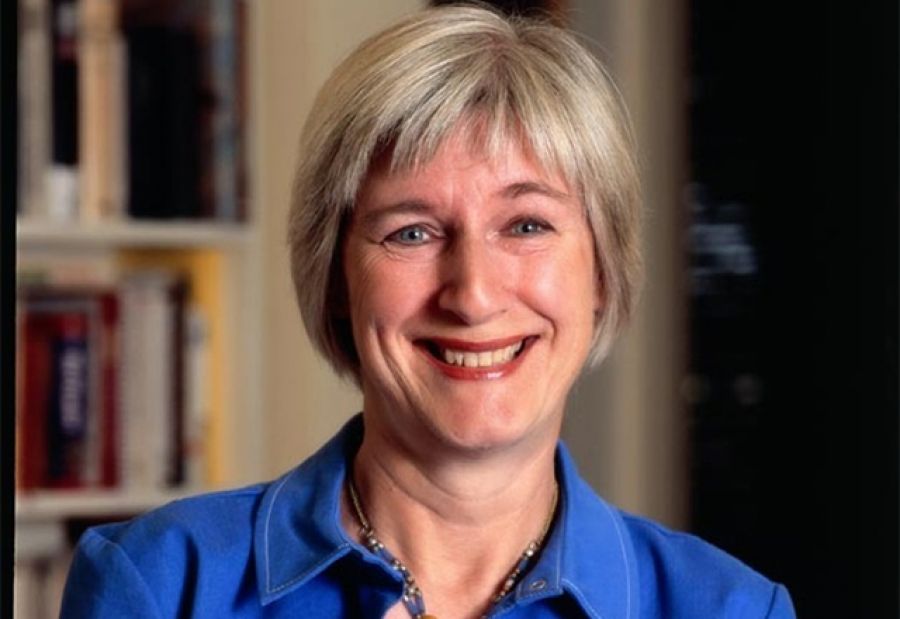
- Free Article: No
- Contents Category: Critic of the Month
- Review Article: No
- Online Only: No
- Custom Highlight Text:
As a journalist, I have been constantly thrown in the deep end and expected to review everything from books to shows to films to restaurants. I still admire some classic figures I idolised when I was starting out in England and didn’t know much about anything: Kenneth Tynan on theatre; Pauline Kael on film; Clive James on television. More recently, James Wood on literature. And many Australians!
- Non-review Thumbnail:

What makes a fine critic?
Someone well informed but not necessarily an expert. Someone intelligent, thoughtful, curious, open-minded, prepared to question everything, including her own opinions. Someone who will allow herself to feel, and then examine and interpret her feelings. Someone who is serious about culture, but not a snob. Someone passionate about the art form she is reviewing, and skilled at communicating her thoughts and feelings to the reader in an accessible, arresting, and entertaining way. Someone who tries to understand, but is honest about not understanding.
Do you accept most books on offer, or are you selective?
I’ve never yet received a book I felt I couldn’t review. Maybe that’s the skill of editors in matching me to the book. But I’ve turned down requests to review friends’ books.
Do reviewers receive enough feedback from editors and/or readers?
Sometimes I feel as if I’ve written into a void. So I would welcome more feedback, as long as it isn’t mere nit-picking or trolling. But as a former literary editor, I know that editors have to nit-pick. I’ve always had generous editors who have trusted me.
I share the view that many reviewers feel a beleaguered species today, as outlets for their work shrink or disappear, and with the advent of social media and the idea that everyone’s a critic. I’m all for democracy, but we should encourage the idea that some people, by dint of their exceptional experience and perception, do have something more interesting to say than the average Amazon or Goodreads post. That means more attention to reviewers, and it includes the idea that the critics themselves may be criticised.
What do you think of negative reviews?
If a reviewer is honestly disappointed with a book, she should say so and give considered reasons, not just put-downs. She should evaluate what the author was trying to do and whether the performance has fallen short, not blame the author for failing to create something that was never intended in the first place. As a novelist, I know what a colossal undertaking it is to write any kind of book, and how painful a bad review can be: so if you are inevitably going to inflict pain, you must think very carefully about how you do it.
The ego is a fragile thing, but I would prefer to be reviewed unfavourably by a critic who really understood what I was trying to do rather than favourably by a critic who didn’t have a clue.
How do you feel about reviewing people you know?
It’s becoming harder and harder to review a book by an Australian I’ve never met, but that’s okay. Where I draw the line is tackling books by friends. You want to help, but it doesn’t work. You are thought either too kind or too censorious. I’ve also lost friends because I haven’t reviewed or publicised their books. Whatever you do, you can’t win.
What’s a critic’s primary responsibility?
To give readers a sense of what it was like for you to experience this book, to back up your initial gut feelings with analysis and background information, so that readers can then develop their own sense of what is going on in literature and make up their own minds whether to tackle this book themselves. What you might owe to the author, your editor, the literary culture, the book industry, and what they might owe back to you: that can all be important too, but it’s secondary. The reader comes first.


Comments powered by CComment